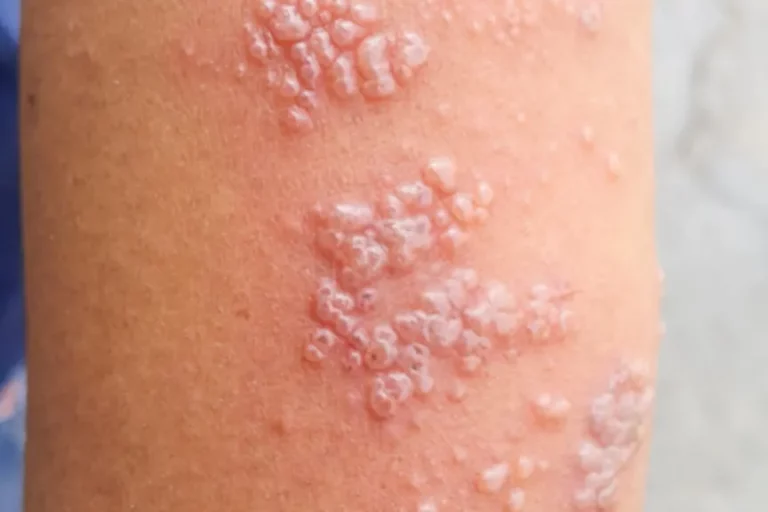Alopecia Areata: What you should know

This condition causes hair loss on the scalp, face, and sometimes other parts of the body. It mainly affects the head and face, but it can happen anywhere. Hair usually falls out in quarter-sized areas. Sometimes hair loss is more severe. It affects 6.8 million Americans and has a 2.1 percent lifetime risk. Alopecia areata affects people of various ages, genders, and ethnicities. It usually starts in childhood and is unique to each person who has it..
Osteoporosis: Treatment, Causes, and Symptoms

Osteoporosis is one of the most prevalentbone diseasestoday. This condition is characterized by a decrease in the density of bone, decreasing its strength and resulting in fragile bones. In addition, the outside of the grows weaker and thinner, making it easy to break..
Troubled by Stomach Symptoms?

The term “intestinal obstruction” refers to a blockage that prevents food or liquid from moving through your small or large intestine (colon). Fibrous bands of tissue (adhesions) in the abdomen that occur after surgery, hernias, colon cancer, certain drugs, or strictures from an inflamed intestine caused by certain illnesses, such as Crohn’s disease or diverticulitis, are all possible causes of intestinal blockage..
Autism: Assessment and Diagnosis of Disorder

Autism spectrum disorder (ASD) is a developmental impairment that can present severe social, communication, and behavioral difficulties. While there is frequently nothing about how persons with ASD look that distinguishes them from other people, they may speak, interact, conduct, and learn differently from most other people. Individuals with ASD have a range of cognitive, reasoning, and problem-solving abilities, ranging from gifted to severely impaired. Some persons with ASD require a great deal of assistance in their daily life, while others require less..
Colorectal Cancer: An Introduction
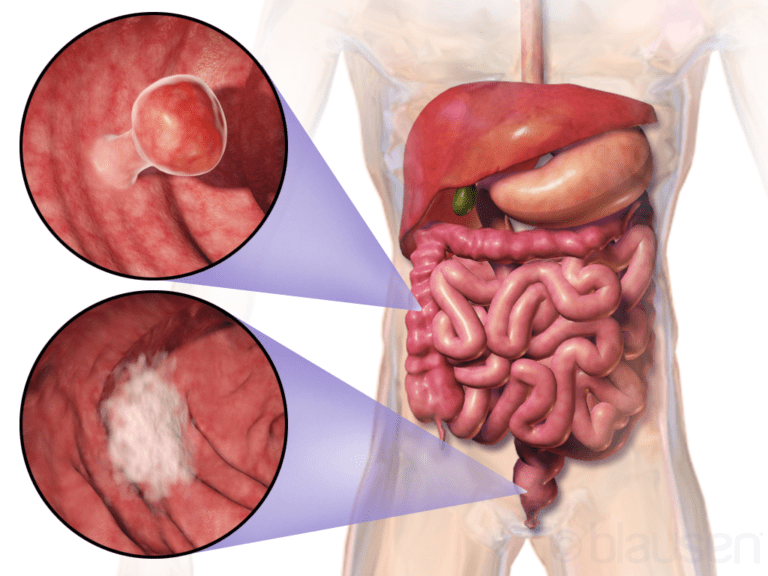
A Colorectal Cancer is a cancer that affect either your colon or rectum. These cancers can also be called colon cancer or rectal cancer, depending on where they start. Majority of colorectal cancers generally develop over time from adenomatous (precancerous) polyps. Polyps are abnormal tissue growths that most often look like small, flat bumps or tiny mushroomlike stalks. Most polyps are small and less than half an inch wide..
Bone Diseases To Watch Out For
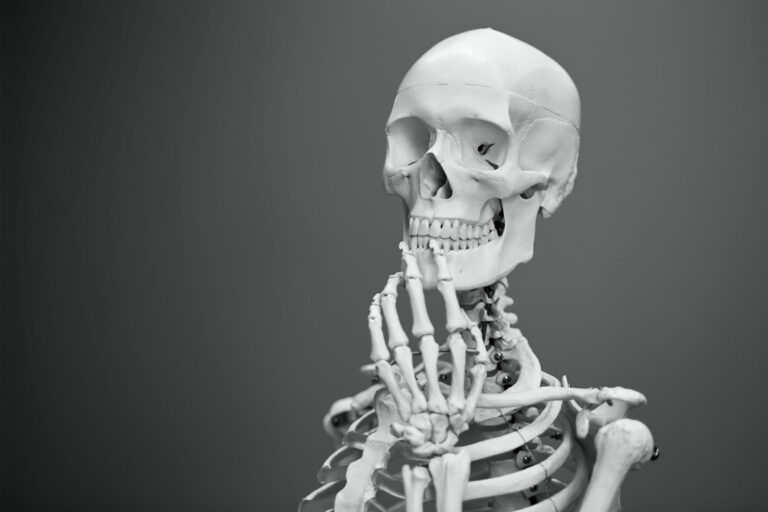
Human bones come in different forms and sizes. It provides a framework for the body and protects the internal organs. The bone also helps with the range of movements human makes. Like the other part of our body, it's also not immune to diseases that affect its health and functions. As people get older, these bone diseases become more prevalent..
The Most Dangerous Illnesses of the 21st Century
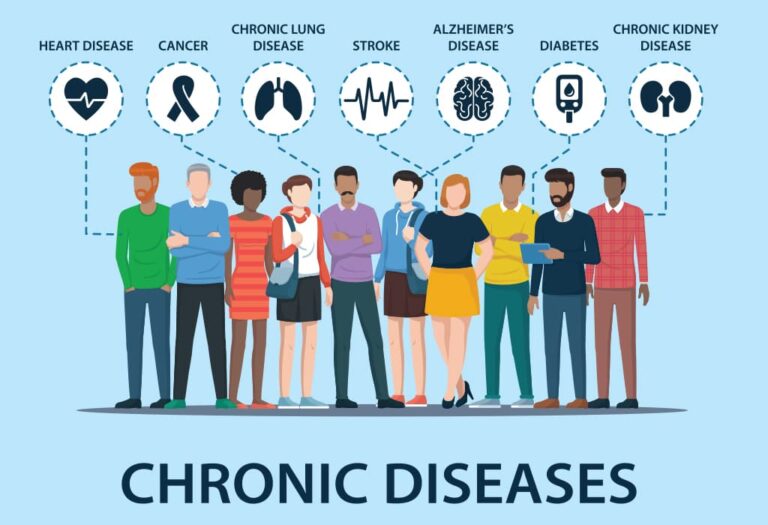
When people think about the world’s deadliest illnesses, they typically think of the fast-acting, incurable illnesses that make headlines from time to time. However, several of these illnesses aren’t among the top causes of death worldwide. In 2015, an estimated 56.4 million individuals died over the world, with 68 percent of those deaths attributable to slow-progressing illnesses..
Adrenal Gland: Understanding Mechanisms

The adrenal gland in your body are responsible for releasing specific hormones directly into the bloodstream. Numerous hormones are involved in the body’s response to stress, and several require survival. The adrenal glands, specifically the adrenal cortex and medulla, have different and distinct activities..
Autism Spectrum Disorder (ASD): What is it?

Autism spectrum disorder is a condition related to brain development that impacts how a person perceives and socializes with others, causing problems in social interaction and communication. The disorder also includes limited and repetitive patterns of behavior. The term “spectrum” in autism spectrum disorder refers to the wide range of symptoms and severity..
Germs and Hygiene: Lessen the Spread Infections

Germs and hygiene is one of the most effective ways to avoid gastro-intestinal or infectious diseases such as COVID-19, colds, and flu. Handwashing with soap kills bacteria that can make you sick. Maintaining proper personal cleanliness will also assist you in avoiding the spread of disease to others..
How to Improve Vision Health?

Is the health of your eyes as it should be? Are you taking steps in protecting and maintaining vision? When it comes to overall health, many people overlook their eyes, which is a mistake. Maintaining good eye health is crucial in many facets of your life, including your job, home, and hobbies..
Cellulitis Tips for Care and Prevention
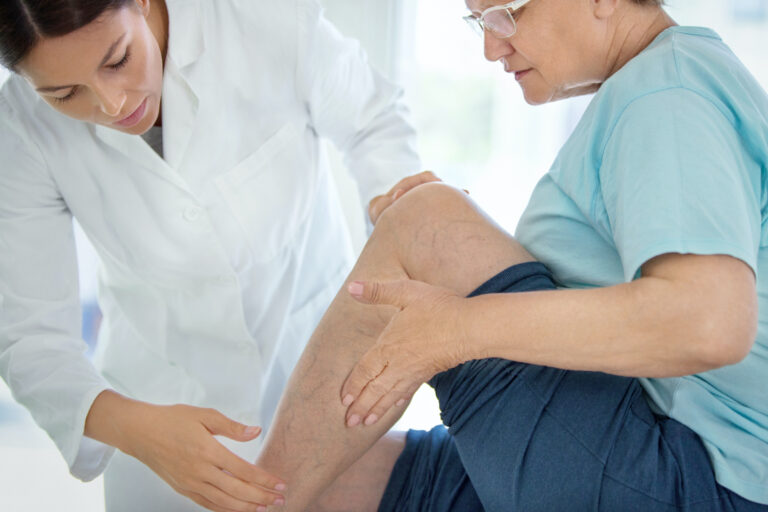
Cellulitis is a type of bacterial skin illness that is quite prevalent. Indeed, cellulitis is responsible for about 14 million cases in America each year. The illness can manifest itself anywhere on the body and, if left untreated, can result in significant problems..
Crohn’s Disease: Symptoms, and Causes.

Crohn's disease, also called regional enteritis or ileitis, is a lifelong form ofinflammatory bowel disease (IBD). The condition inflames and irritates thedigestive tract specifically the small and large intestines. Crohn's disease can cause diarrhea and stomach cramps. It's common to experience periodic disease flare-ups..
Hyperthyroidism (overactive thyroid) Be Aware

Hyperthyroidism, also called overactive thyroid, is a condition where the thyroid releases high levels of thyroid hormone in the body. And also, this condition can make your metabolism speed up. In addition, symptoms of hyperthyroidism include a rapid heartbeat, weight loss, increased appetite, andanxiety..
Type 2 Diabetes

Type 2 diabetes is a chronic illness that prevents your body from properly utilizing insulin. Insulin resistance is a term used to describe the condition of people with type 2 diabetes. Type 2 diabetes is a complex condition. Both hereditary and environmental factors play a role in the disorder’s clinical manifestation. One idea for its cause is that it is the product of the evolution of a thrifty genotype that provided survival benefits in the past but is now harmful in today’s environment. It could be an adult metabolic response to fetal starvation, according to one idea..







